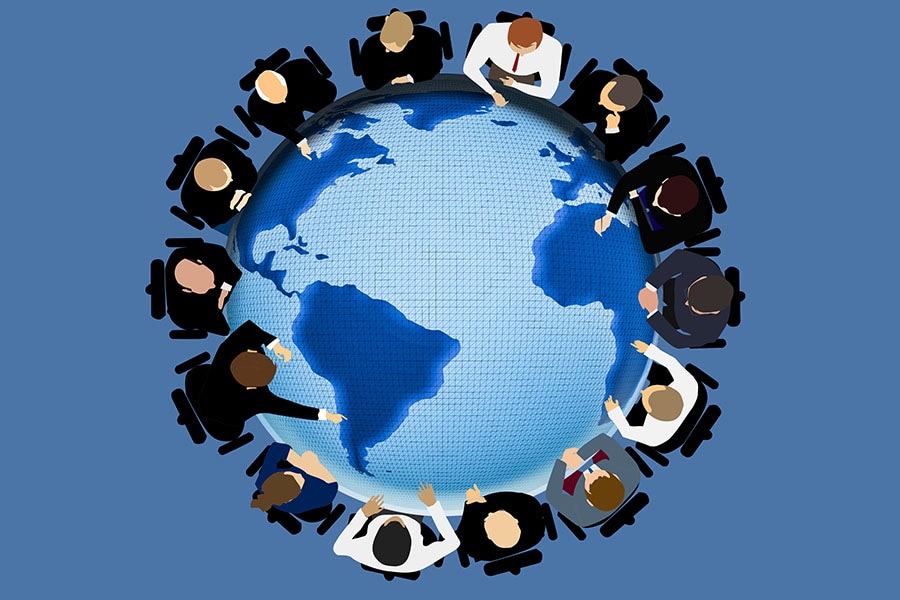
Why is geopolitics knowledge essential for business leaders?
At some point, political leaders should accept that they are fallible, and corporate leaders should accept their social responsibility. Only then can a dance with equal partners occur
 Image: Shutterstock
Image: Shutterstock
Geopolitics has an impact on a firm’s reputation, value, and market performance
Those in geopolitics have often overlooked the vital role played by businesses in shaping global affairs, while businesses themselves view geopolitics as a risk to be managed. Can this gap be narrowed, and why is knowledge of geopolitics key for companies and leaders?
From a business perspective, geopolitics is important because corporations feel the heat of social pressure to do good for society. Moreover, doing good for society is international and political because customers, partners, employees, or the media look at the whole supply chain and scrutinise every action the company makes worldwide.
If Nestlé or Mondelez continue to operate in Russia, for example, a backlash is expected in several countries where the two giants operate. If the McDonald’s franchise in Israel offers food to Israeli soldiers and franchises in Kuwait or the United Arab Emirates, donate money to Gaza, that will inevitably raise a question of consistency for McDonald’s headquarters in Chicago. Businesses must understand that corporations are an integral part of the geopolitical battle and must prepare for that.
Globalisation promised to build truly transnational, multinational, or global corporations—corporations without nationality. However, the trade war initiated by Trump’s presidency and the COVID-19 pandemic has brought back the question of corporations’ nationality and economic sovereignty.
Also read: India's evolving economic power can lead us into a re-globalised world







